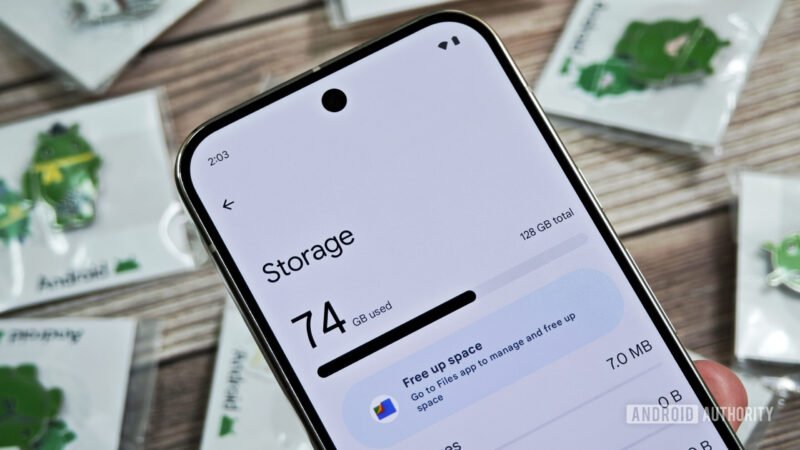Essential Insights
-
Linux Terminal App Introduction: Pixel phones now include a Linux Terminal app, allowing users to run a Debian virtual machine that can operate alongside Android apps, hinting at greater desktop capabilities for mobile devices.
-
Storage Limit Removed: The latest Android 16 Beta 4 release has removed the previous 16GB storage cap for the Linux VM, enabling it to utilize almost all available storage on the device.
-
Dynamic Storage Management Coming: Google plans to implement dynamic ballooning for the Linux Terminal in future updates, allowing the VM’s storage to automatically adjust based on available space on the host device.
- Not a Full Desktop Replacement: While the Linux Terminal app aims to run Linux apps next to Android ones, it is not meant to replace Android’s native desktop mode, signifying a gradual evolution toward a more integrated system.
Android 16 Expands Linux Terminal Capabilities for Pixel Phones
Google’s recent rollout of Android 16 Beta 4 marks an exciting advancement. The update introduces a Linux Terminal app that allows Pixel phones to run a Debian virtual machine. This means users can run popular Linux desktop applications alongside traditional Android apps.
Previously, users faced a 16GB storage limit for this virtual machine, but Google has lifted that restriction. Now, users can utilize almost their entire phone’s storage for the Linux environment. This change significantly boosts the capacity for apps and files, enhancing the overall user experience.
For example, a user tested the feature on a Google Pixel 9 Pro and successfully increased the virtual machine disk size to 42.3GB within seconds. After a quick restart, the additional storage was readily accessible. Google’s decision to allow more storage reflects its commitment to transforming Pixel phones into powerful portable PCs.
Moreover, upcoming updates promise even more flexibility. Google plans to introduce dynamic storage ballooning, which will enable the virtual machine to adjust its storage automatically. This means the Linux environment can expand or contract based on user needs, further optimizing device storage use without manual adjustments.
While this feature isn’t ready for every professional use—lacking graphical user interface and audio support—it lays the groundwork for innovative applications. It opens doors for developers and tech enthusiasts who wish to explore the intersection of Linux and Android.
As Google continues to enhance the Linux Terminal app, it represents a significant step towards a more integrated tech ecosystem. The potential for smart cities and urban innovation is immense as technology converges, allowing for streamlined, multifunctional devices. Users can look forward to creative applications as this feature evolves, making their smartphones even more versatile.
Discover More Technology Insights
Explore the future of technology with our detailed insights on Artificial Intelligence.
Explore past and present digital transformations on the Internet Archive.
GadgetsV1

